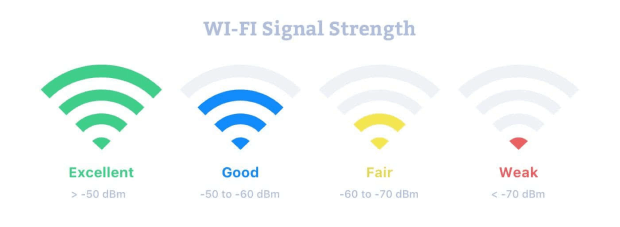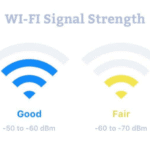
Of all the many expenses that banks price, the overdraft charge can be the maximum perverse. And the most infuriating.
Overdraft offerings started decades ago as a courtesy to banks ‘ customers: In case you did not have sufficient cash in your account to cover a check, your bank stepped up, saving you the trouble and embarrassment of bouncing it.
Now that debit cards and habitual payments are increasingly famous, overdrafts can multiply as speedy as Gremlins in a swimming pool. One overdraft big hire check clearing, for the instance-can lead to many others. And it could be days earlier than you realize you are triggering a $35 fee every time you pull out your debit card.
That price of $30 or $35 may not appear to be a good deal, but the Client Economic Protection Bureau estimates that the median debit card buy triggering an overdraft is $24. In different phrases, the standard debit overdraft is largely a loan with a high interest rate that, in annual terms, measures in the hundreds of percentage points.
Sooner or later, maximum overdraft fees are completely avoidable. Banks do not need to provide the Safety of paying them on debit and ATM transactions. They could truly decline a transaction if there isn’t sufficient cash to pay for it. Furthermore, customers do not have to sign on for services that supposedly protect them from overdrafts, many achieve this without understanding it.
Given all the above, you are probably agitated to recognize that 4 out of 5 huge American banks continue to charge overdraft fees on debit or ATM transactions, in keeping with a report issued on Tuesday from the Pew Charitable Trusts. Most charge at least $35 for every overdraft.
Citigroup is a variety minority that do not allow clients to incur overdrafts on debit transactions or ATM withdrawals. JPMorgan Chase bans ATM overdrafts; however, it does charge a fee on debit overdrafts. The Financial institution of the US does the alternative, banning debit overdrafts but permitting ATM overdrafts, World Scoop.
The CFPB has stated it desires to tighten regulations on overdraft fees next year; an initiative installed doubt with the aid of the effects of the 2016 presidential election. Donald Trump’s supporters have criticized the very lifestyles of the employer, let alone its enforcement powers.
A Chicago bank created to serve the bad is predicated heavily on overdraft fees.
A Chicago financial institution created to serve the bad is based closely on overdraft fees.
Lots of cash is at stake. Because interest charges are so low, banks are relying more than ever on expenses to cover the fees of maintaining customer accounts. Overdraft prices made up 8 percent of banks’ internet profits for the remaining year, Bloomberg Intelligence estimates, or $11.2 billion.
Whilst banks have a right to make earnings, “the expenses ought to be in advance and transparent,” said Nick Bourke, Client Finance Director at the Pew Charitable Trusts. Instead of a courtesy that makes clients’ Financial lives less difficult, overdraft prices have emerged as “a shape of high-priced, high-fee credit,” Bourke said. Banks should decrease fees and limit the range of times customers may be charged in 12 months, he stated; at the same time as regulators ought to encourage banks to provide you with extra affordable ways for customers to borrow to cover quick-time period cash needs.
At the least, Pew argues, banks shouldn’t be managing overdrafts in a way that maximizes rate revenue to the detriment of customers. Banks can improve fees by reordering every day’s transactions from highest to lowest: by using clearing your largest transactions first, the financial institution makes it much more likely your account will empty quicker, triggering greater overdraft costs for smaller purchases that clear later-boosting bank profit at your fee.












